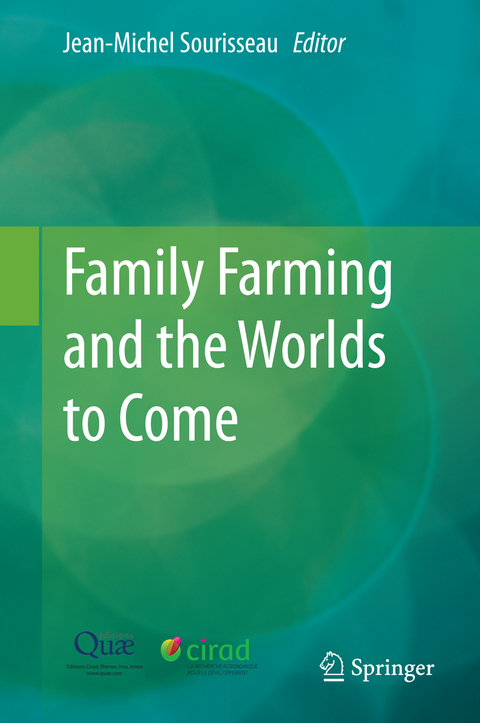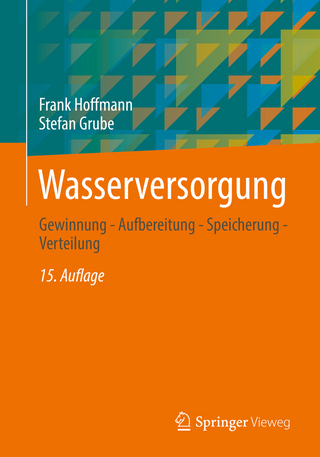
Family Farming and the Worlds to Come
Springer (Verlag)
978-94-017-9357-5 (ISBN)
Coordinating editor of this book, is a socio-economist at CIRAD. Since 2010, he is responsible for the program "Trajectories, differentiations and inequalities in rural societies" of the French research unit ART-Dev. He is currently working on family farming systems, to renew the analytical frameworks of their strategies and performance. As CIRAD’s focal point for the International Year of Family Farming, he recently published several books and articles on the topic and is invited to many international conferences on family farming all over the world.
Acknowledgements.- Foreword,- General introduction.- Part 1. Defining and understanding family farming systems.- 1. Family farming: at the heart of the history of world agriculture.-
2. Defining, characterizing and measuring family farming models.- 3. Families, work and the farm.- 4. Family farming and other forms of agriculture.- Part 2. Helping to feed the world and territories to live.- 5. Contributing to ecological and social systems.- 6. Contributing to territorial dynamics.- 7. Contributing to production and international markets.- 8. Contributing to innovation, policies and local democracy.- Part 3. Meeting the challenges of the future.- 9. Challenges of poverty, employment and food security.- 10. Energy challenges: threats or opportunities?.- 11. Sanitary challenges increasingly relevant on a global scale.- 12. Challenges of managing and using natural resources.- Part 4. Research and the challenge of family farming.- 13. Co-constructing innovation: action-research in partnership.- 14. Innovations in management advice to family farms.- 15. Support for the prevention of sanitary risks.- 16. Agricultural biodiversity and rural systems of seed production.- 17. Lessons learnt and perspectives for ecological intensification.- Conclusion.- References.- List of authors.
| Zusatzinfo | 63 Illustrations, color; 18 Illustrations, black and white; X, 361 p. 81 illus., 63 illus. in color. |
|---|---|
| Verlagsort | Dordrecht |
| Sprache | englisch |
| Maße | 155 x 235 mm |
| Themenwelt | Naturwissenschaften ► Biologie ► Ökologie / Naturschutz |
| Naturwissenschaften ► Geowissenschaften ► Geografie / Kartografie | |
| Sozialwissenschaften ► Soziologie | |
| Wirtschaft ► Volkswirtschaftslehre | |
| Weitere Fachgebiete ► Land- / Forstwirtschaft / Fischerei | |
| Schlagworte | Agro-ecology • biodiversity, employment • Family farming • rural development • urbanization |
| ISBN-10 | 94-017-9357-3 / 9401793573 |
| ISBN-13 | 978-94-017-9357-5 / 9789401793575 |
| Zustand | Neuware |
| Haben Sie eine Frage zum Produkt? |
aus dem Bereich


